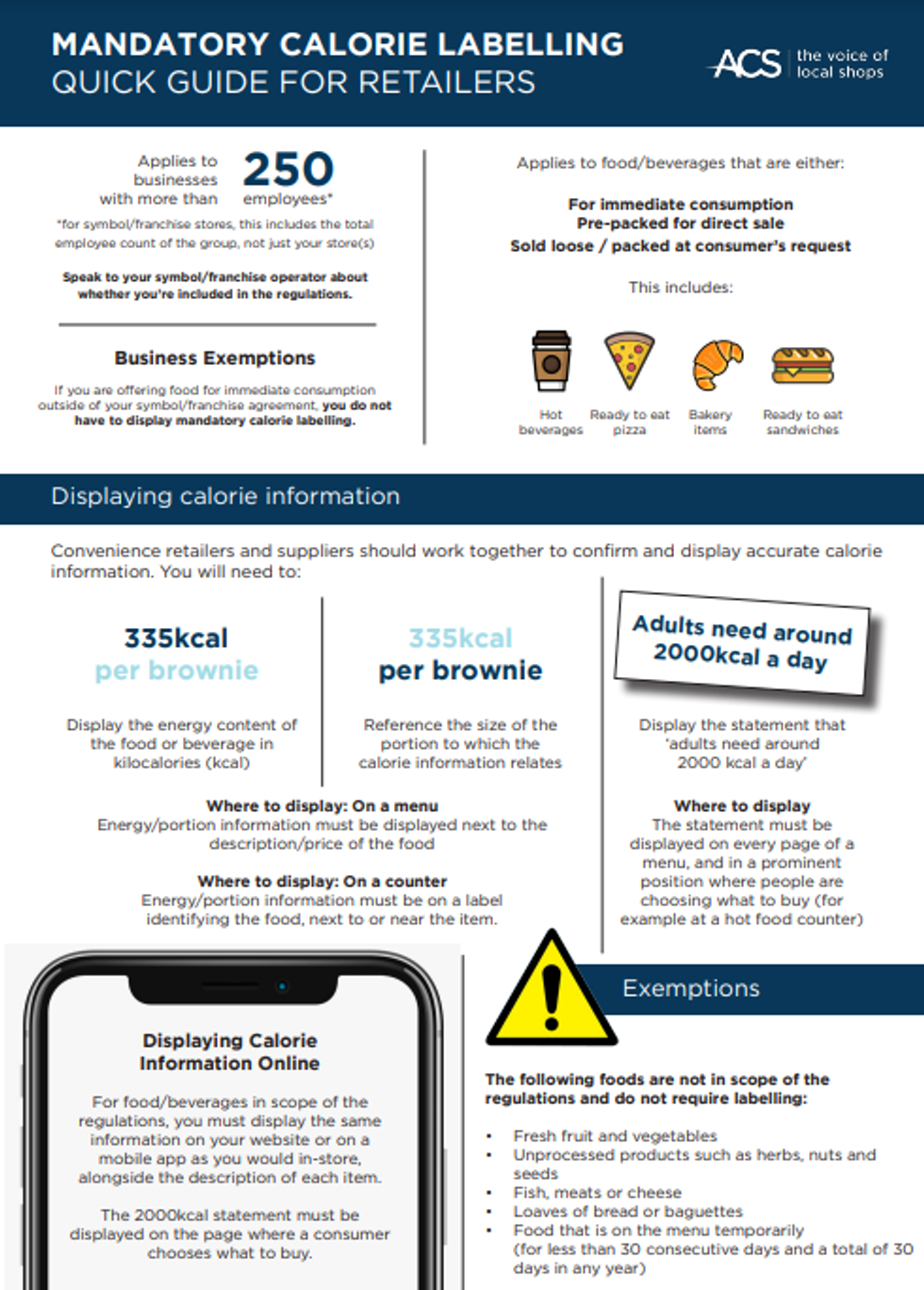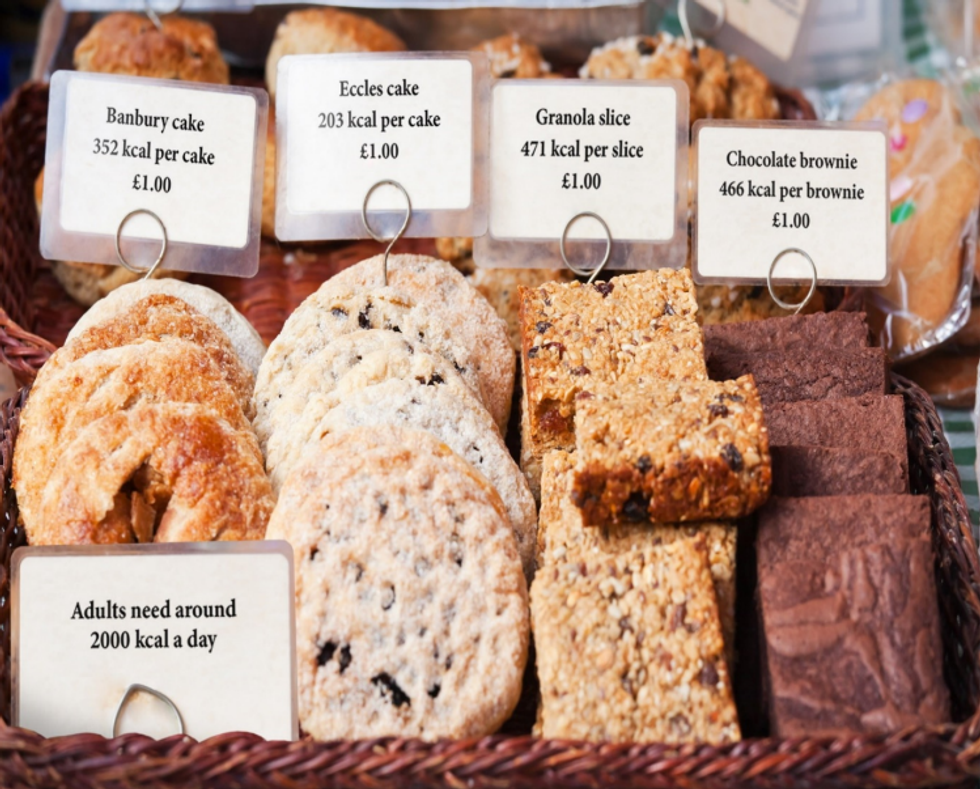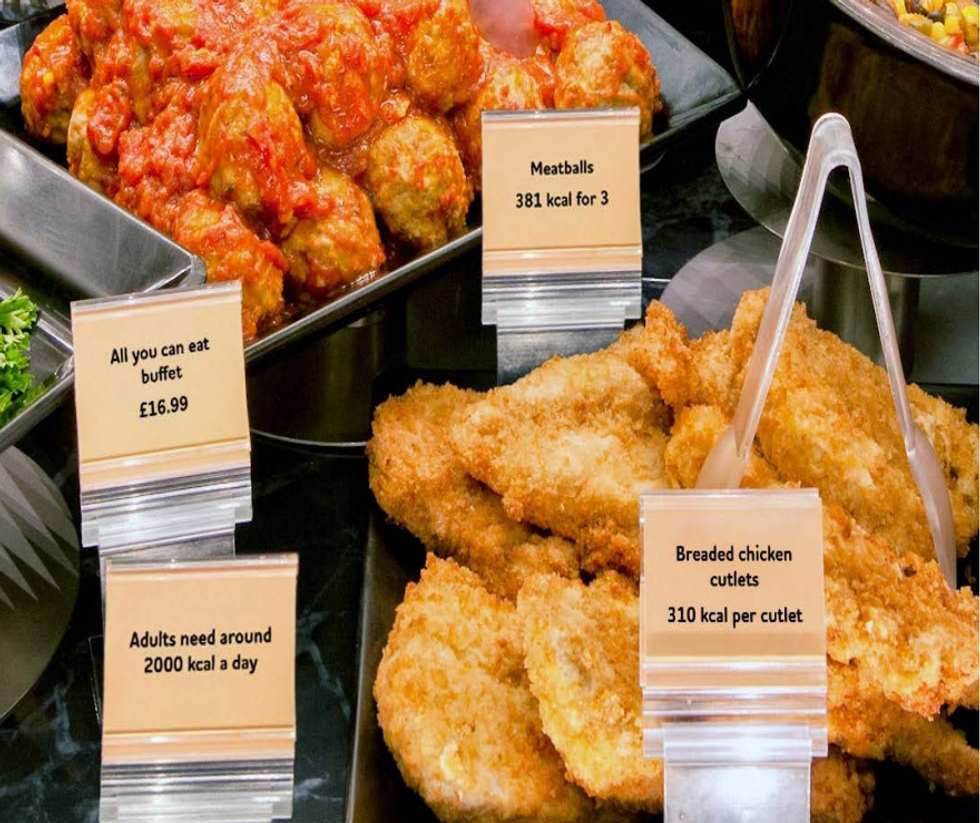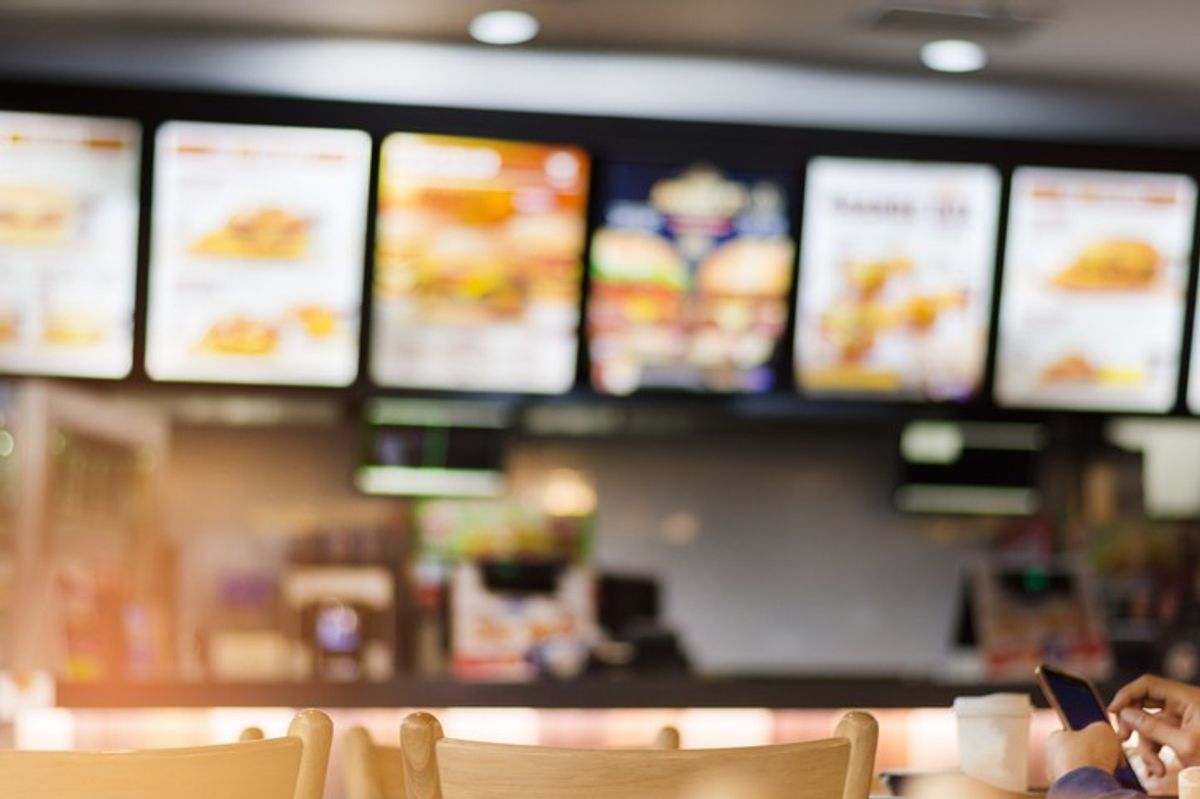Confusion is currently prevailing at retailers’ ends over the Mandatory Calories Labelling rule that is set to come into effect on April 6, Asian Trader has learned.
Under the new regulations, businesses of a certain size (250 or more employees) will need to display calorie content for food products that are sold for immediate consumption and are not pre-packaged. The regulations form part of the government’s wider strategy to tackle obesity and encourage people to make healthier food choices.
Calorie information per food item can be displayed on a ‘point of choice’ like menus or display units. The upcoming regulation covers food outlets and hospitality venues as well as convenience stores offering food-to-go.
However, many retailers are still not sure whether they too have to comply with the new rules in their food-to-go section or not.
A Premier retailer from Gosport, whose major part of sales happen in the food-to-go section, revealed how he is still not very sure whether the rule is applicable for retailers like him or not.
“Some retailers say the Mandatory Calorie Labelling rule will cover only restaurants and takeaways. Some say we will also have to comply. There is so much lack of clear information,” the store owner told Asian Trader.
He also revealed that he is yet to receive information or communication in this matter from his symbol group as well as from his supplier Country Choice.
“Maybe it's a bit early,” the retailer said.
Another store owner who runs a Budgens store was totally unaware of any such upcoming regulation. He gave a similar feedback saying he is yet to receive any information regarding the matter.
It is true that calorie labelling rule is majorly going to affect eateries and takeaways. However, as per Department of Health and Social Care as well as Association of Convenience Stores (ACS), many retailers will also come under this umbrella if they are a part of a symbol group.
Symbol groups who have more than 250 employees are considered to be within the scope of the rules. Much like the upcoming HFSS regulations, the government intends for symbol and franchise retailers to be included, ACS said, urging retailers to contact their symbol or franchise operator to find out whether they will have to comply with regulations or not.

“Convenience retailers that are deemed to have more than 250 employees, calculated based on their participation in ‘franchise agreement’ and symbol groups, will have to work with their franchise partners and suppliers to get the calorie labelling information for products sold for immediate consumption that are not pre-packaged,” says the ACS guidelines aimed at retailers issued on Feb 28 and a reminder issued today (16).
“Part-time employees should be included as part of the head count. Convenience retailers will need to consult their symbol group supplier or franchise partner to discuss whether their agreement is considered to be a ‘franchise agreement’ as defined in the regulations,” ACS says.
The guidance from the Department of Health and Social Care clearly mentions the following while clarifying examples of food in scope of this new policy.
“Convenience grab and go: hot beverages (all varieties) (but not pre-packed cold drinks), bakery items (such as pastries, cakes, sausage rolls, pasties), ready to eat pies, pizza and sandwiches,” states the guidance while listing examples of food in scope.
What’s covered?
The calorie labelling requirements will apply to food that is sold for immediate consumption on or off the premises and is not prepacked. Food that is prepacked for direct sale, packed at the request of the consumer or sold loose will be included. For example, hot beverages, bakery items, ready to eat pies, pizzas and sandwiches.
Apart from some convenience stores, the types of businesses covered include restaurants, fast food outlets, cafes, pubs, supermarkets, home delivery services and third-party apps selling food, specialist food stores, delicatessens, sweet shops, bakeries, contract catering and domestic transport businesses including planes, trains, ferries and other forms of water transport within the UK.
The regulation implies that retailers will need to work with their suppliers and franchise partners to secure the “accurate calorie information” of food items, ACS says.
Under the new rule, retailers will need to:
- Display the energy content of the food in kilocalories (kcal)
- Reference the size of the portion to which the calorie information relates. For example “pork pie, 323 kcal per pie”
- Display the statement that ‘adults need around 2000 kcal a day’
The statement must be displayed on every page of a menu, and in a prominent position where people are choosing what to buy (for example at a hot food counter).
“Where food is chosen from a menu this information should be on the menu, next to the description or price of the food. Where food is chosen from items on display it should be on a label identifying the food, next to or near the item.
“For food that is pre-packed for direct sale and chosen from items on display, calorie information may be displayed on its packaging as an alternative to a label, so long as it can be clearly seen and read by the consumer,” ACS says, adding that the information required to display must be “easily visible, clearly legible, and not in any way hidden or obscured”.
Businesses should develop and implement processes to ensure that calorie information is “as accurate as possible to ensure the food can be reproduced consistently each time it is made”, says the government guidance.

The food items which are exempted from the new rules are:
- fresh fruit or vegetables, including potatoes, provided that they are not added to other food, or sold as an ingredient in food consisting of more than one ingredient
- fish, meats or cheese, provided that the fish, meat or cheese is not added to other food, or sold as an ingredient in food consisting of more than one ingredient
- loaf of bread or baguette
- food which is on the menu temporarily, that is for less than 30 consecutive days and a total of 30 days in any year
- food which is not included on the menu or otherwise offered for sale and which is expressly requested by the consumer to be made available or prepared differently to the way it is usually prepared
- alcoholic drinks over 1.2 percent ABV (alcohol by volume)
- condiments which are provided to be added by the consumer to their food (this exemption does not include condiments which are part of the food served)
ACS' detailed guidance is available here.
Who is doing what?
For most of the businesses, calorie labelling is a brand new concept and a new challenge to overcome.
Leading foodservice wholesaler Brakes has created a slew of new resources to help its customers tackle regulations requiring businesses to display calorie information.
In addition, Brakes has also partnered with Nutritics to launch a recipe-management tool which will help save time and lower risk by reducing human error and avoids having to separately enter data for allergens and calories.
Foodservice wholesaler and distributor Bidfood has also come up with a new online hub and an array of support tools to help its customers to understand and adhere to new calorie-labelling legislation. The supplier has launched a dedicated calorie-labelling page on its website, which has all the information business and customers need ahead of the rule change.
Additionally, the wholesaler has also launched Bidfood Direct MyRecipes that automatically calculates the calorie content of recipes based on the ingredients and quantity of those ingredients.
Leading food-to-go supplier to convenience channel Country Choice was reached out for a comment to know about their efforts in this matter.
Failing to Comply
The regulations are to be enforced by local authorities in their respective areas, who will also have discretion in how they enforce it, including the accuracy of calorie information.
As per the government guidance, local authorities may serve businesses that fail to comply with an improvement notice, and a fixed monetary penalty (FMP) of £2,500, as an alternative to prosecution.

Noteworthy here is that FMP is not the first action but imposed after initial conversations, an improvement notice and a notice of intent. It implies that any FMP would be the result of non-compliance after the business has been given the repeated opportunities to take measures to secure compliance.
“Local authorities will have the discretion to consider pursuing criminal prosecution as an alternative to civil sanctions where they consider it appropriate, including in relation to repeat offences where the fixed monetary penalty may have had no effect in achieving compliance,” the government guidance says.
Wrap
As per the government, in food and drink that is prepacked, consumers are familiar with seeing calorie content on the majority of items sold in the retail sector. In contrast, when it comes to pre-packed food selling in takeaways and food-to-go sections, it becomes difficult for consumers to make informed, healthier decisions.
“Our aim is to make it as easy as possible for people to make healthier food choices for themselves and their families, both in restaurants and at home,” public health minister Jo Churchill said.
“That is why we want to make sure everyone has access to accurate information about the food and drink we order.”
Additionally, the government also hopes to encourage businesses to reformulate the food and drink they offer and provide lower calorie options.
Calorie Labelling comes closely on the heels of Natasha’s Law that hit the food-to-go section in October last year, pertaining to potential allergens in the food. In about next six months, HFSS regulations are also set to hit the grocery sector under which restrictions will be imposed on items high in sugar and salt in terms of volume promotions, such as buy-one-get-one-frees and two-for-one deals, which will no longer be allowed for in stores larger than 2,500 square feet.
Speaking about the challenges that retailers come across whenever any new regulation comes up, one of the retailers pointed out that “ extreme lack of both- information and support” as major issues.
“At the time of Natasha’s Law as well, my store never got any support from my supplier in terms of labelling tools. We had to figure out ourselves how to display the ingredients. The suppliers should have helped us,” the retailer concluded.


